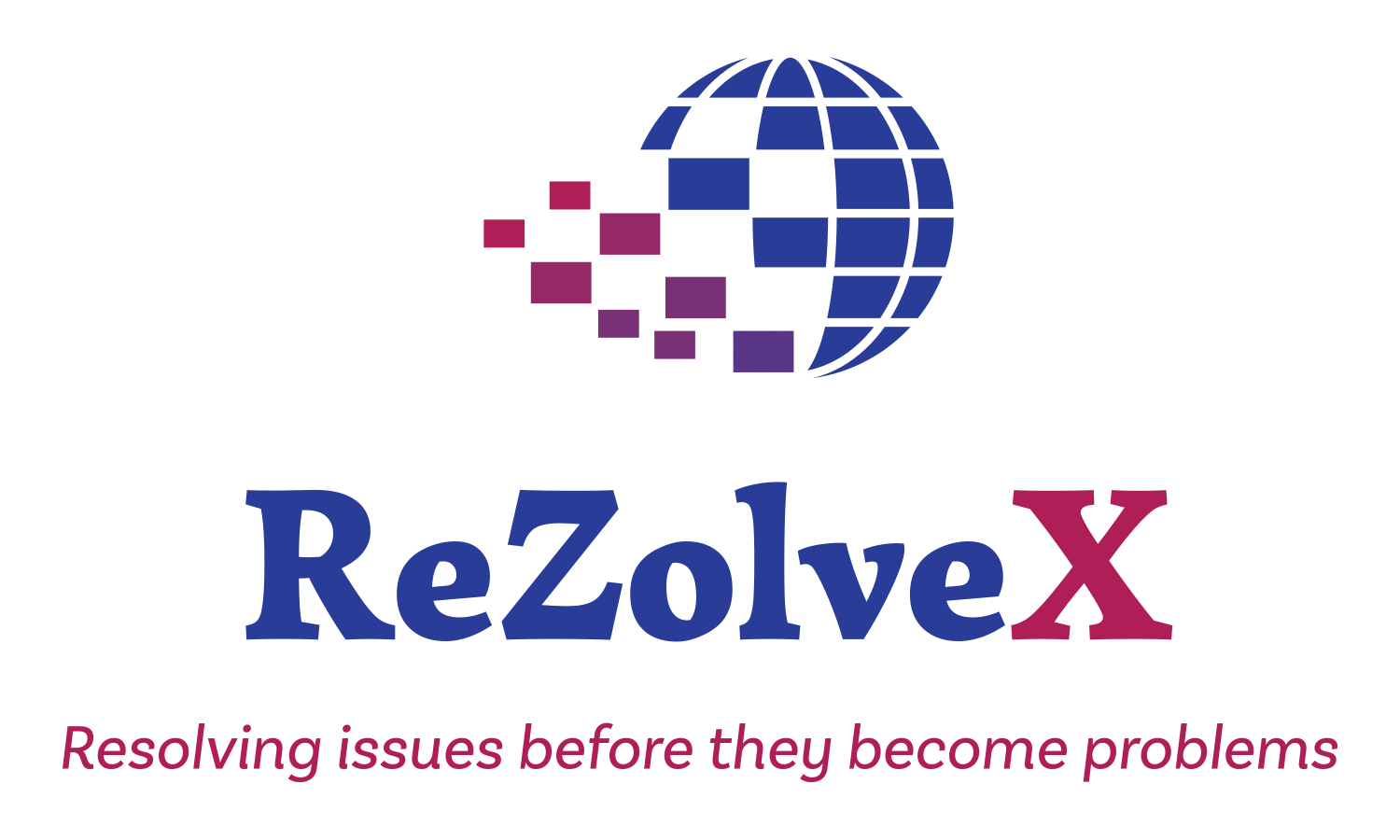Retaliation against employees is a serious issue that can have negative consequences for both the individual employees and the company as a whole. It is important for companies to understand the importance of not retaliating against employees and to put measures in place to prevent it from occurring.
Reasons and Rights of retaliate employee in the workplace

One reason why companies should not retaliate against employees is that it is illegal. Title VII of the Civil Rights Act of 1964 prohibits employers from retaliating against employees who complain about discrimination or harassment on the basis of race, religion, national origin, or sex. The Occupational Safety and Health Act (OSHA) also protects employees who report workplace safety violations or injuries from retaliation. In addition, many state laws have provisions that prohibit retaliation against employees who report illegal or unethical behavior by their employers. Retaliation can take many forms, such as termination, demotion, reduction in pay or hours, or a change in job duties, and it is illegal regardless of whether the underlying complaint made by the employee was justified.
Retaliation can have serious consequences for companies. If an employee successfully proves that they were retaliated against, the company can be held liable and may have to pay damages to the employee. In addition, cases of retaliation can harm a company’s reputation and make it more difficult to attract and retain top talent.
There have been numerous cases of companies retaliating against employees, some of which have received significant media attention. For example, in 2018, Google was sued by a former employee who claimed that she was fired in retaliation for reporting sexual harassment and discrimination. The case received widespread media coverage and sparked a wave of similar lawsuits against the tech giant. In another case, a former employee of Tesla filed a lawsuit alleging that he was fired in retaliation for raising concerns about safety violations at the company’s factory. The case received widespread media attention and prompted an investigation by OSHA.
Benefits of Retaliation
It is important for companies to have systems in place to prevent retaliation and to ensure that employees feel safe and supported when they raise concerns or complaints. One way to do this is by implementing an anonymous employee hotline, such as ReZolveX. An anonymous employee hotline allows employees to report concerns or complaints without fear of retaliation. It also helps companies to identify and address issues before they escalate and potentially lead to legal action.
Using an anonymous employee hotline, like ReZolveX, can also help to limit a company’s liability. If an employee is retaliated against and decides to take legal action, the company can use the existence of the anonymous employee hotline as evidence that they took steps to prevent retaliation and that the employee had other channels available to raise their concerns. This can help to mitigate the potential damages that the company may have to pay if the employee is successful in their lawsuit
In addition to the legal and financial benefits, implementing an anonymous employee hotline can also promote a better working environment. When employees feel that they can safely raise concerns or complaints without fear of retaliation, they are more likely to feel valued and supported by their employer. This can lead to increased employee satisfaction and retention, which can have a positive impact on the company’s bottom line.
If your company does not currently have an anonymous employee hotline in place, it is important to consider implementing one. ReZolveX is a trusted provider of anonymous employee hotlines, and we can help you to create a safer and more supportive working environment for your employees. Don’t wait until it’s too late – start taking steps to prevent retaliation against your employees today.
Please visit Retaliation | payback time in USA
